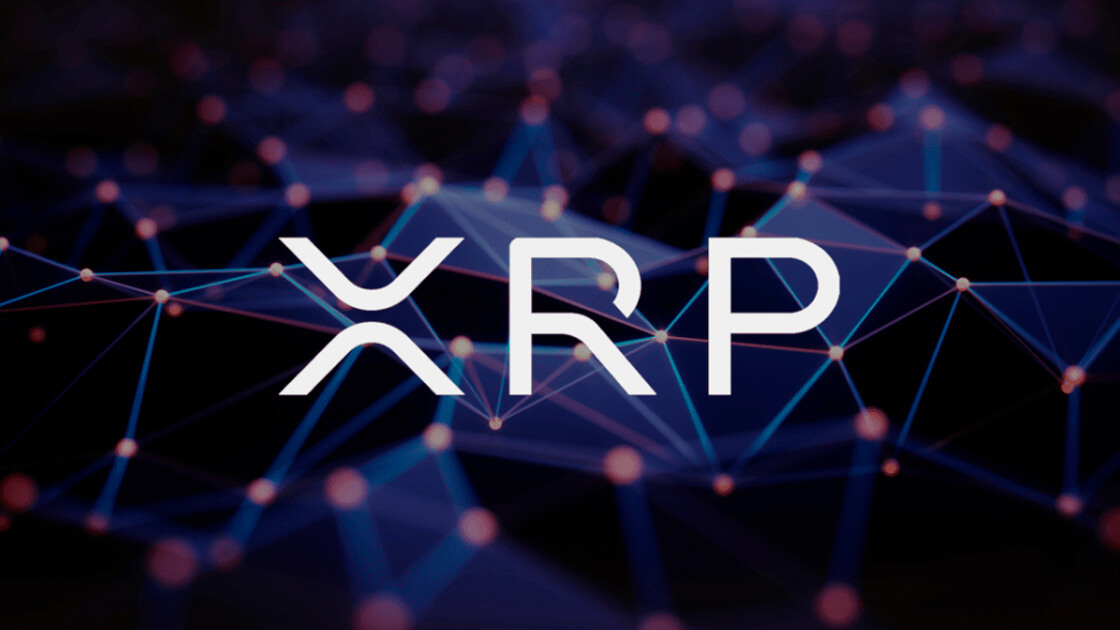Ripple is a global system for cross-currency and gross payments created in 2012 by Ripple Labs. The main advantage of the network is that it allows mutual transfers anywhere in the world in just a few seconds.
Related: What is Ripple
That makes Ripple an attractive choice for banks that rely on a real-time settlement system.
At the end of 2017, it was announced that the American financial giant American Express and the Spanish-British group Santander are switching to the Ripple protocol for transatlantic transfers. Also, more than 75 payment systems and 90 banks around the world, including UniCredit and Standart Chartered, use this protocol.
Ripple Labs formerly claimed XRP as a decentralized system. The large volume of tokens in the hands of the company gives rise to doubts about the truth of the developers' words. Control of 61% of all currency by one company can in no way be called decentralization.
Even if Ripple Labs does not use this money and holds it, this amount of XRP can easily affect the market. There is a risk of a complete collapse of the currency if a hacker attack on the system occurs. Moreover, the breakdown of XRP may be followed by a chain reaction of the entire market to the collapse of the third largest currency by capitalization, which will also not lead to anything good.
The close relationship between Ripple and banks also raises concerns. After all, the more companies use this protocol, the higher the possibility of influencing the cryptocurrency.

Roughly speaking, there is a possibility that banks control the XRP rate because it is very beneficial for them.
Besides, it is easy for banks to influence the exchange rate. Extensive associations can affect XRP not only through the Pump & Dump scheme but also through currency depreciation thanks to exchanges, dramatically "pouring" large amounts there. Also, the seventh place in terms of trading volume with the third place in terms of capitalization is a clear sign that the currency is controlled by a narrow circle of companies. All this completely negates the thesis of XRP decentralization.
Trending: Fintech Company Plaid Announced Its First Crypto-Native Product
Does decentralization matter?
Decentralization is one of the main principles of all cryptocurrencies. For this, they were created in due time - so as not to depend on anything. The lack of control over specific people enables others to freely invest their funds in cryptocurrency without fear for the safety of their own money. Besides, decentralization allows the user to remain anonymous, which is especially appreciated in today's world.
Decentralization is a powerful lever to advance the economy. For example, in countries where the state strictly controls market relations, the quality of life of people is low due to high prices, low salaries, and high taxes that appear due to constant inspections and tight control of production. Such countries, for example, are some African states or North Korea.
And, conversely, in countries where the economy is little affected by the state, the quality of life of the population is high, because ordinary people have the opportunity to run their own business and freely carry out transactions. In such countries, salaries are high, prices are rational, and taxes are proportionate. That trend is not accidental because decentralization always moves the economy forward. This law also applies to cryptocurrencies, setting a prerequisite for each currency - the presence of an independent system.






